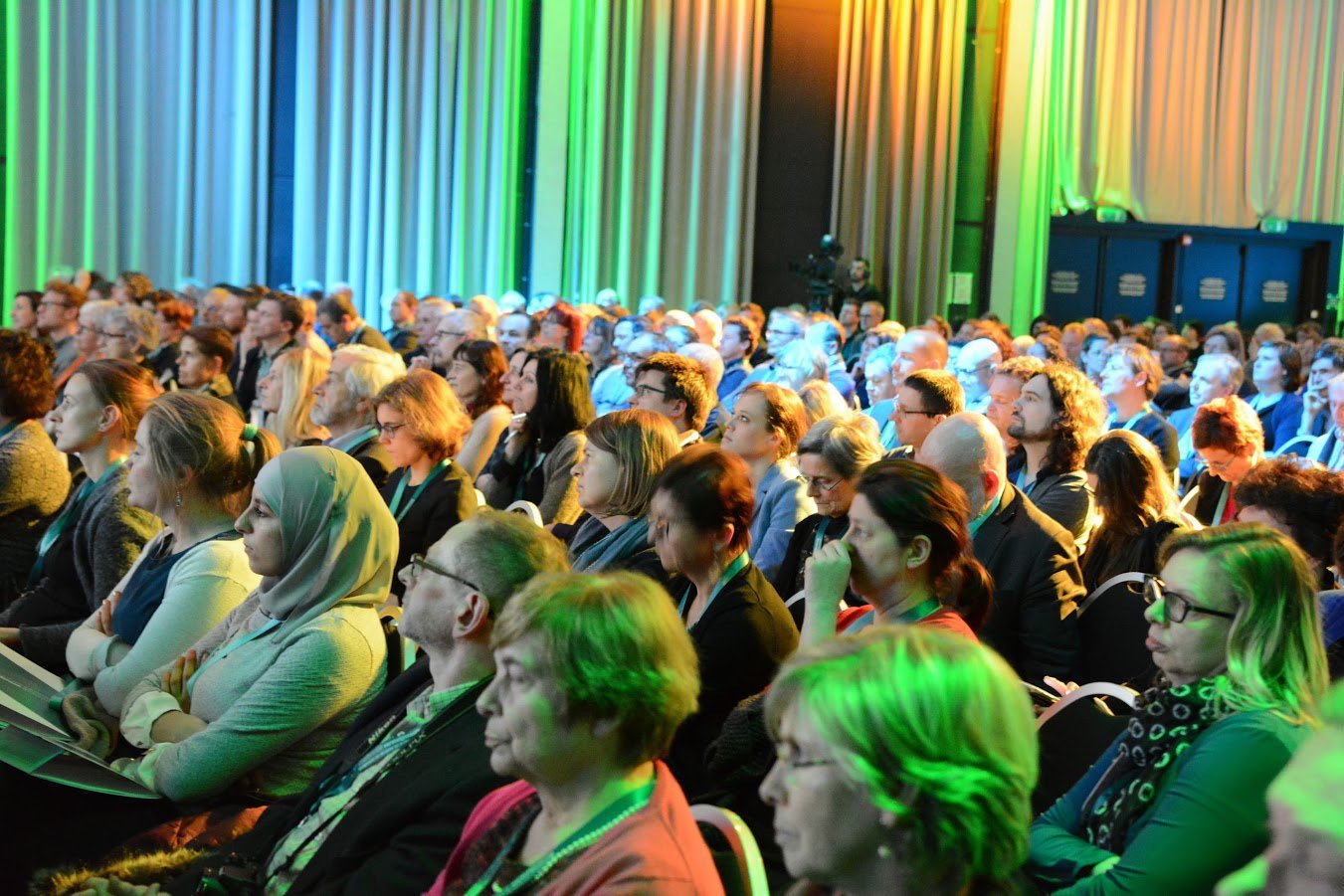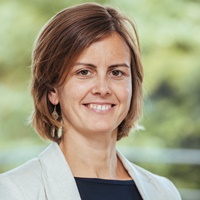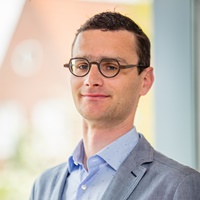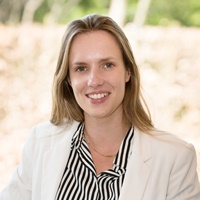
The reform of primary care in Flanders was a highly participatory process with the sector: six working groups, each with about 40 representatives from the field, almost 1,000 registrations for the assessment evenings in the various provinces, many people who shared their vision via an e-mail or letter and expert advice by the scientific reflection chamber and, as a conclusion, the primary care conference on 16 February 2017, where the reform was explained to more than 1,000 participants.
Together with my colleague Sofie De Coninck I supervised the process leading to the primary care conference. I would like to look back: is it valuable to set up such a participatory process?
In 2017, the project teams set to work enthusiastically on their task. Small subgroups worked together, debating and developing texts. This produced a shared vision on many different aspects. However, in some groups it became clear that a consensus was not always possible and that, on some matters, the visions lay far apart. Yet, this was also an enriching process, both for those in the teams and for those leading them. Supporters and opponents formulated and justified their points of view. This led to the creation of concrete proposals for the reform.
In my opinion, this type of participative project depends on a number of success factors:
-
Good preparation is essential. Think ahead about the answer you want from the various project teams. Formulate clear objectives and plenty of specific questions.
-
Plan tight deadlines, to avoid the project teams getting bogged down with talking or not reaching a result. A little more than a year was scheduled for all the project teams to come up with proposals for the primary conference.
-
Appoint a neutral process supervisor to ensure that all opinions are heard, to keep track of deadlines and to offer support with reporting.
-
Be aware that a consensus is not always possible and that it is valuable to know and understand the various points of view. Document the matters on which no consensus can be reached and formulate arguments for and against.
-
Get feedback on the proposals from a large group of stakeholders.
-
Make sure that the appropriate expertise is present in the project teams.
-
Keep your finger on the pulse. After each working session a short online survey was sent to all participants to capture their feedback on the approach and to allow any adjustments to be made.
-
Use innovative discussion methods to come up with ideas in such project teams. The World Café is a very well-suited technique.
-
The chairman’s leadership and management skills have a major influence on the end result. And, was it worth adopting such a participative procedure?
And was it valuable to set up an extensive participatory process? It was, in my opinion. All stakeholders in the field were involved in the reform, a clear policy vision was developed and the momentum for change is there!




